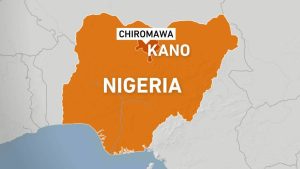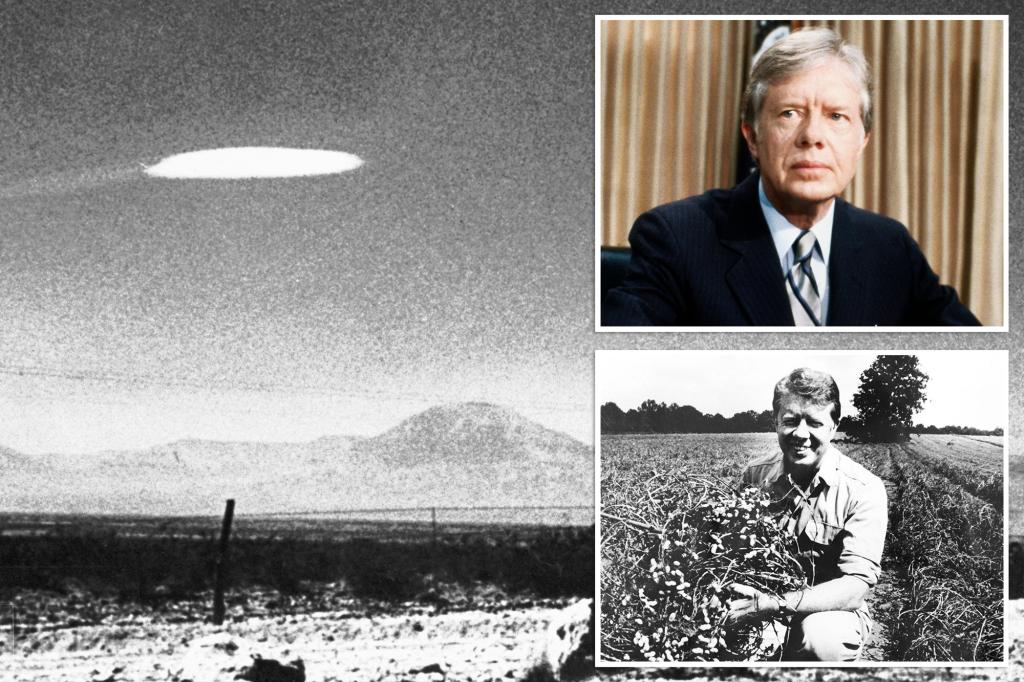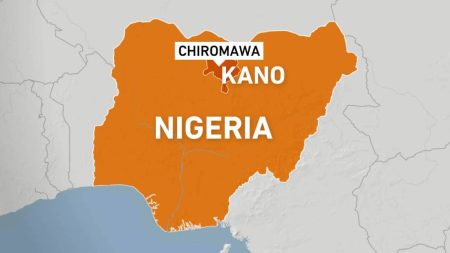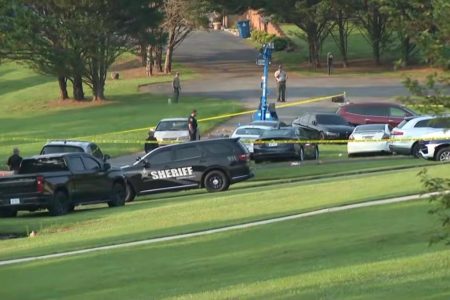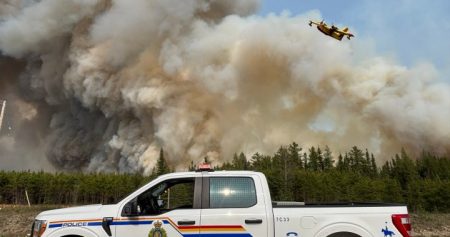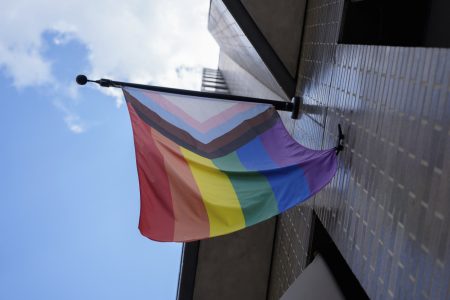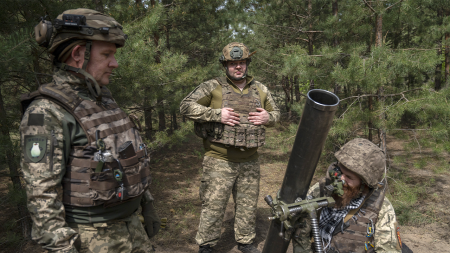Former President Jimmy Carter, a figure known for his candidness and honesty, openly discussed his personal encounter with a UFO, a topic often skirted by public figures. During a 1969 gathering in southwest Georgia, while awaiting a Lions Club dinner where he was scheduled to speak, Carter and approximately 25 other men witnessed an unusual aerial phenomenon. A bright light appeared in the western sky, drawing the attention of the group. As they observed, the light approached them, halting near a cluster of pine trees. The object then exhibited a series of color changes, shifting from white to blue, then to red, and finally back to white. Carter meticulously documented the event, dictating his observations into a recorder and later transcribing them. He maintained that the object was indeed “unidentified,” yet firmly stated his belief that it did not originate from outer space. This experience, shared publicly several times throughout his life, underscores Carter’s willingness to address unconventional topics with a pragmatic and grounded perspective.
Despite his personal UFO sighting, Carter remained skeptical about the possibility of extraterrestrial visitation to Earth. He dismissed theories surrounding the infamous 1947 Roswell incident, rejecting the notion of a government cover-up involving recovered alien bodies. Carter’s pragmatic view stemmed from his understanding of physics, asserting that interstellar travel by tangible spacecraft, as often depicted in popular culture, was highly improbable. While he acknowledged the existence of unidentified flying objects, he firmly distinguished them from extraterrestrial vehicles. He emphasized the lack of credible evidence to support the claim of alien landings, maintaining a rational and evidence-based approach to the subject. His position, though contrasting with the popular narratives surrounding alien encounters, reflected his commitment to scientific principles and a reasoned assessment of available information.
Carter’s commitment to transparency and truth-seeking extended beyond his UFO experience, notably to his 1976 presidential campaign pledge to investigate the Roswell incident. While acknowledging he did look into the matter “in a way,” his investigation veered into unexpected territory. He revealed that the government had employed a psychic to locate a downed aircraft in the Central African Republic. After conventional methods, including satellite imagery, failed to locate the missing plane, the CIA director informed Carter about their unconventional approach. The psychic, through a trance-induced state, provided latitude and longitude coordinates, which, when investigated by satellite, revealed the plane’s location. This revelation highlights Carter’s exposure to the diverse and sometimes unorthodox methods employed by intelligence agencies, a glimpse into the complexities of information gathering and problem-solving at the highest levels of government.
This incident, alongside his UFO experience, exemplifies Carter’s open-mindedness and his willingness to explore unusual phenomena. However, it is crucial to distinguish between his openness to investigating such occurrences and his skepticism regarding their extraterrestrial origins. He remained grounded in his scientific understanding and insisted on the need for tangible evidence before accepting extraordinary claims. Carter’s approach reflects a nuanced perspective, acknowledging the unknown while demanding rigorous scrutiny and evidence-based conclusions. His willingness to discuss these experiences openly further distinguishes him as a public figure committed to transparency and candidness, even on topics often considered taboo or fringe.
Discussions about UFOs and extraterrestrial life have been a recurring theme among US presidents, from Harry S. Truman to Donald Trump. Ronald Reagan, Carter’s successor, also shared a personal anecdote about a UFO sighting during a Cessna flight over Bakersfield, California, in 1974. Reagan described observing a steady light that suddenly accelerated and elongated before rapidly ascending at a 45-degree angle. He likened the object’s sudden burst of speed to a “hot rod,” emphasizing the dramatic acceleration that astonished everyone on board. This shared experience between two presidents underscores the enduring fascination with unexplained aerial phenomena, even among those holding the highest office. While their accounts contribute to the ongoing conversation surrounding UFOs, they also highlight the limitations of eyewitness testimony and the need for more rigorous scientific investigation.
Carter’s openness extended beyond UFOs to more personal and sensitive topics, demonstrating a unique willingness to engage with unconventional subjects. During his 1976 presidential campaign, he gave a remarkably candid interview to Playboy magazine, discussing his personal faith, morality, and even his own struggles with temptation. He famously confessed to having “lusted in his heart,” acknowledging his imperfections while emphasizing the importance of forgiveness and humility. This unprecedented level of openness in a presidential candidate showcased Carter’s commitment to authenticity and his belief that personal flaws should not be hidden but acknowledged and addressed with honesty. His willingness to engage with a publication like Playboy further demonstrated his desire to reach a broad audience and address difficult topics with frankness and transparency, setting him apart from many politicians of his era. This candidness, combined with his willingness to discuss UFOs and other unusual topics, contributed to a public image of honesty and integrity, qualities often sought after in political leaders but rarely displayed with such candor.
